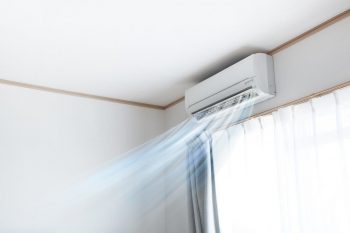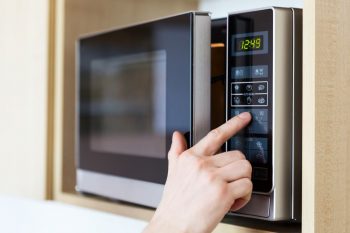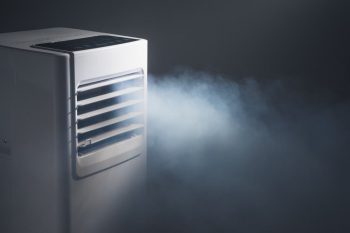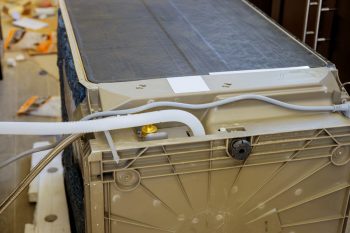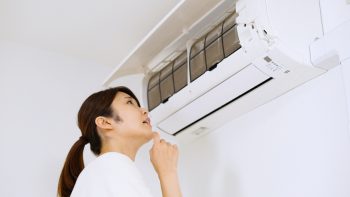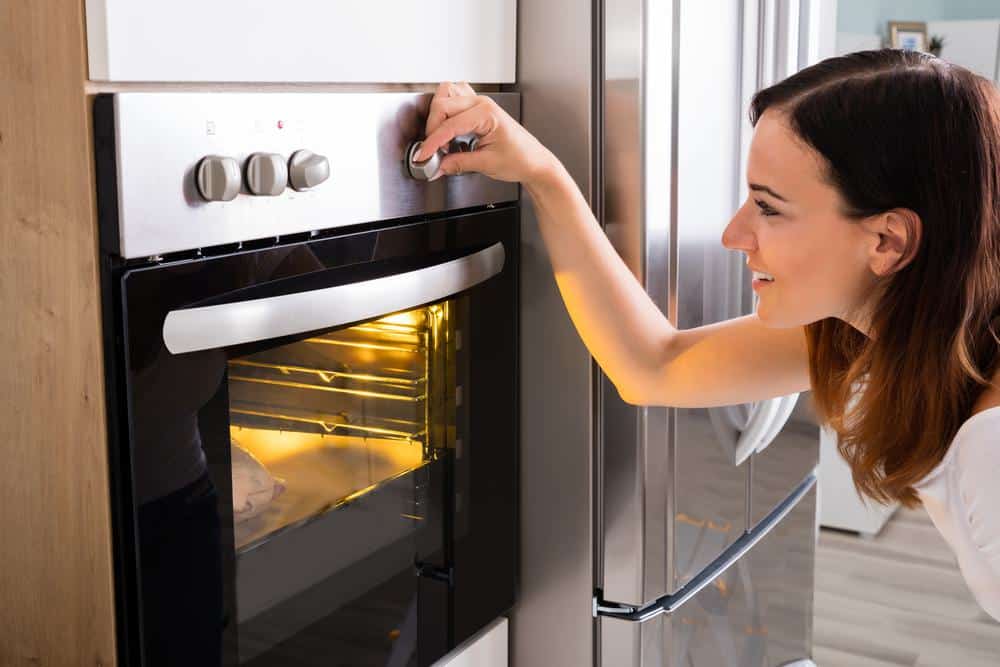
If you’ve ever been in your kitchen and heard a hissing sound, you might have wondered, “Why is my oven hissing?” Don’t worry; you’re not alone. Many homeowners have experienced this issue, and while it can be quite alarming, it’s not always a cause for concern. This comprehensive article will delve into the reasons behind this phenomenon, what it means for your oven, and what action you should take.
The hissing sound from your oven can be due to several reasons. In gas ovens, it’s often a normal sound caused by the release and ignition of gas, especially at the beginning or when the oven needs to regain temperature. Electric ovens can hiss due to physical tension during heating or cooling or a failed bake ignitor. However, a hissing sound can also indicate potential issues like a gas leak, fuel-to-air ratio problems, or an inefficient oven. If you smell gas or the hissing sound is louder than usual, it’s crucial to turn off the oven, ventilate the area, and call a professional.
Understanding the Hissing Sound
The first step to understanding why your oven is hissing is to identify the type of oven you have. Gas and electric ovens differ in terms of producing a hissing sound, primarily because of their different heat sources.
Gas Ovens
In gas ovens, the hissing sound is often normal and is caused by the release of gas. The gas is soon ignited to produce heat. This sound is typically heard at the beginning and intermittently throughout the operation as the oven needs to get back to temperature.
Electric Ovens
On the other hand, electric ovens generally do not produce a hissing sound like gas ovens. However, there have been instances where electric stoves make a hissing noise due to physical tension that builds up during heating or cooling. Another potential source of hissing in an electric stove is a failed bake ignitor, but this is relatively uncommon.
Potential Dangers of a Hissing Oven
While a hissing sound can be normal, especially in gas ovens, it’s crucial to recognize when it may indicate a problem. Here are a few potential dangers:
- Gas leak: A gas leak is a serious safety concern. If you smell gas along with the hissing sound, it could indicate a leak. You should immediately evacuate your home and call emergency services or your gas company’s emergency line.
- Fuel-to-air ratio issues: A louder than normal hissing sound could be caused by an issue with the fuel-to-air ratio, where either too much gas or too much air is flowing. This can lead to inefficient combustion and may require professional attention to fix the problem.
- Inefficient oven: While the hissing sound itself might not be dangerous, it could indicate that your oven is inefficient. This could lead to higher energy consumption and uneven heating.
Immediate Steps to Take
If you notice your oven hissing unusually, you should take the following immediate steps:
- Turn off the oven: If you suspect a gas leak or any other issue, it’s essential to turn off the oven as soon as possible to prevent further complications.
- Check for gas smell: If you smell gas, it could indicate a gas leak, which is a dangerous situation. Do not attempt to turn on the oven or any other appliance in the room, and avoid turning on electrical switches or using a phone.
- Open windows and doors: Ventilate the area by opening as many windows and doors as possible to disperse any gas that may have accumulated.
When to Call a Professional
If you’re unsure about the cause of the hissing sound or suspect a gas leak, contact a professional appliance repair technician to inspect and diagnose the issue. A professional can help ensure the problem is resolved safely and efficiently. The average oven repair costs between $200 to $600, which is significantly less than the cost of replacing the oven.
Preventive Maintenance Steps
To minimize the risk of your oven hissing and ensure its proper functioning and safety, you can follow these preventive maintenance steps:
- Regular inspections and cleanings: Regularly inspect and clean the oven interior to remove any debris or buildup that could cause issues with the heating elements or fans.
- Check components: Inspect the gas valve, burner, and igniter for any issues, as hissing could also be an indicator of a malfunctioning valve.
- Follow the manufacturer’s recommended maintenance schedule: This will ensure all necessary maintenance tasks are performed regularly.
By understanding why your oven might be hissing and how to respond, you can ensure your appliance remains safe and efficient. Remember, when in doubt, it’s always best to consult a professional.
Frequently Asked Questions
What other sounds might indicate a problem with my oven?
Other sounds that might indicate a problem include a constant ticking sound, which could indicate an issue with the igniter, a loud bang which could mean a gas buildup, or a humming or buzzing noise which might be a sign of an electrical issue.
Can I fix a hissing oven by myself?
It depends on the cause of the hissing. If it’s due to regular operation of a gas oven, no fix is required. However, if it’s due to a gas leak or another serious issue, it’s best to call a professional. It’s not recommended to attempt DIY fixes on gas appliances due to the potential risk of gas leaks, fires, or explosions.
What is the lifespan of an oven?
The average lifespan of an oven is between 10 to 15 years. However, with regular maintenance and proper use, ovens can last longer.
Do electric ovens also use gas?
No, electric ovens use only electricity to heat. They have a heating element that gets hot when electricity flows through it. Gas ovens, on the other hand, use gas fuel to create heat.
Can I prevent my oven from hissing?
If the hissing is due to regular operation of a gas oven, it cannot be prevented. However, regular maintenance and inspections can help prevent issues that might cause abnormal hissing sounds.

